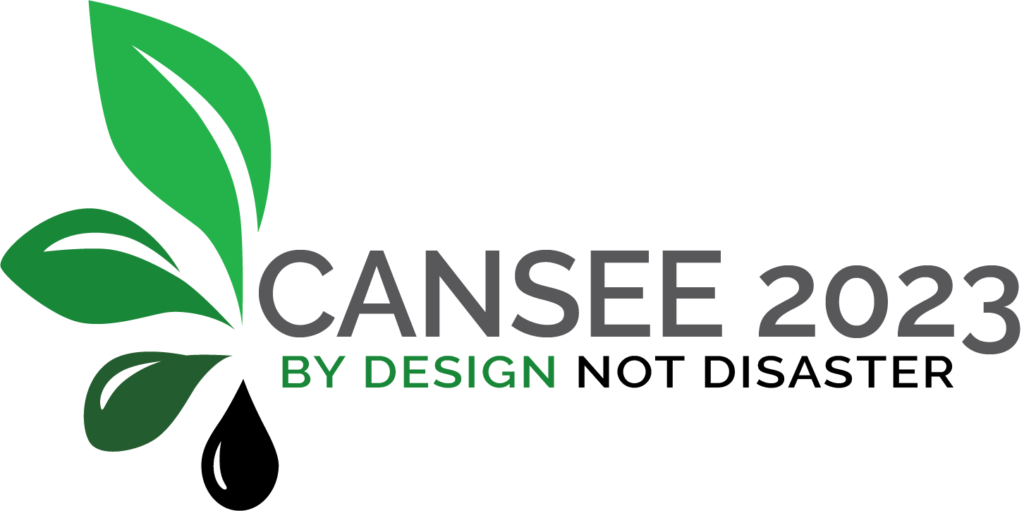
Workshops
Workshops enable novel approaches to knowledge generation and dissemination, while also pushing the boundaries of ecological economics epistemologies, pedagogies, and applications. In addition to offering extended presentations on current ecological economics scholarship, these sessions will include interactive opportunities for networking, gaming, sustainable design, and the development of shared publications.

This Action Workshop for Climate Justice will facilitate participants’ networking to plan joint publications, public education and engagement, knowledge mobilization, community organizing, demonstrations, research collaborations, and other activities—motivated by the awareness that equity in societies builds social trust, which is essential for a rapid, efficient, just energy transition. Since Canadians’ carbon footprints are among the world’s highest, CANSEE has a special responsibility to work towards accelerating climate justice action.

Climate Town is a YouTube channel produced by comedian and climate expert Rollie Williams. Recognizing that many people will not read incredibly pertinent and game-changing academic research, Rollie and his team make accessible, funny, shareable content, which tackles complex and nuanced topics. This workshop offers mentorship on how to make a video essay, and will include a question and answer period with Rollie Williams. Participants will subsequently have the option to engage in 6 monthly, follow-up sessions, between November 2023 and April 2024, to develop their own video essay. Check outexamples of Climate Town’s multimedia work here.
Rollie Williams is a comedian, video editor, policy wonk, and billiards enthusiast. He recently received his degree in climate science & policy from Columbia University, has a degree in biochemistry, and I spent like $3,000 on classes at the Upright Citizens Brigade comedy theater.
Jodi Koberinski is a settler-descended educator, researcher, activist, and PhD candidate at UWaterloo. She is a mother of adults who taught her that ecological education has been boring, while corporations make consumerism exciting—and so her work has, in part, entailed a search for better communications.

Ecological law aims to give coherence to law that align with ecological economics. This session will provide insights on emerging themes and recent developments in ecological law, from 2023. Panelists are engaged with research linked to the Leadership for the Ecozoic (L4E) initiative (l4ecozoic.org) and the Ecological Law and Governance Association (ELGA) (elgaworld.org). They will discuss themes such as rights of nature; legal aspects of “territories of life” and place-based governance; ecological law case studies; water governance; climate governance; and, will provide updates on developments in ecological approaches to law. The session will provide ample time for participant engagement.

This presentation explores the epistemological, psychological, and social dimensions of a shift away from the current “frame” within which our culture operates—a constantly reinforced belief in an infinitely desiring self, devoted to expressing itself and its need for “freedom”, as characterised by consumption as self expression, driven by a dynamic of constant progress. I explore the impact of the new “frame”: the interdependent, “no growth”, grounded, and bounded.
